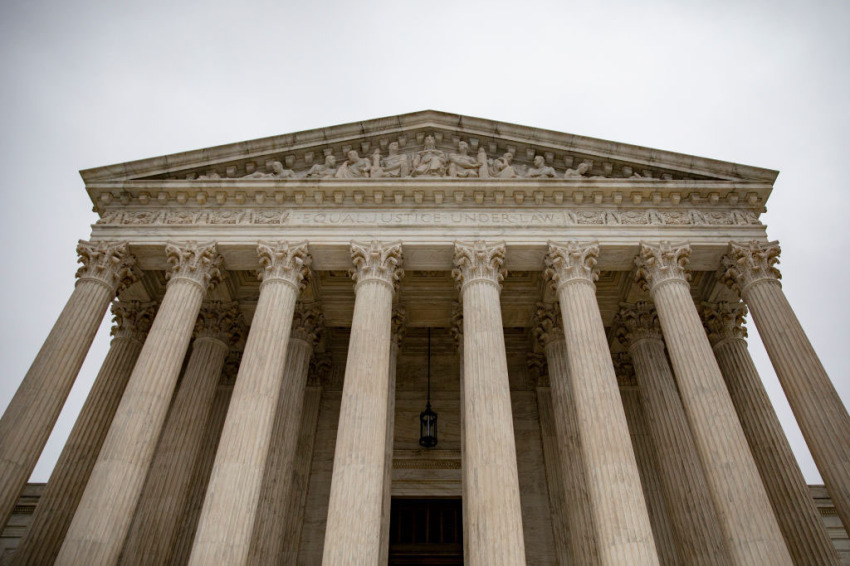LGBT claimant in Supreme Court win not fired because he was gay, former employer says

One of the men at the center of the recent Supreme Court decision that held that firing people based on sexual orientation is a form of sex discrimination, was not ousted because he was gay, his former employer says.
In a 6-3 decision that was released Monday in Bostock v. Clayton County — which was consolidated along with two other cases involving firings of homosexual and trans-identified employees — the high court ruled that Title VII, the civil rights provision within the 1964 Civil Rights Act that pertains specifically to employment, extends nondiscrimination protections to sexual orientation and transgender status. Terminating someone from a job on the basis of sexual orientation or transgender status is a form of sex discrimination, the high court ruled in its majority opinion authored by Justice Neil Gorsuch, President Donald Trump's first appointee to the bench.
Yet Gerald Bostock was not fired because he was gay, his former boss maintains.
In a Wednesday interview with Atlanta Journal-Constitution columnist Bill Torpy, Clayton County Juvenile Court Chief Judge Steven Teske said he knew Bostock was gay for many years, had socialized with him and his partner, and supported the outcome of the Supreme Court decision.
Bostock was the coordinator of the county court appointed special advocates (CASA) program and alleged in a 2016 lawsuit against the county that he had been terminated on the basis of being homosexual. He claimed that after he joined a gay softball team, he began receiving disparaging comments at work and that following a 2013 audit alleging he has misused court funds he was out of a job. The audit was a pretext for Teske firing him, Bostock additionally claimed.
“I avoided this going public before it went to the Supreme Court. I’m glad he (Bostock) won,” Teske told the Georgia newspaper. “But there’s only so long he can hide from the truth.”
“We went to gay venues in Midtown; we met a lot of their gay friends,” Teske said.
“Gerald is a nice guy. My mom and dad loved him. That’s how close we were. He knew my kids, my mom, my dad. We became very close. That’s why it was very hard for me to let him go.”
The audit found that nearly all of the $12,294 in court funds that Bostock had spent in the previous 28 months was on entertainment and meals save for $1,000 sponsoring the Atlanta softball team; the audit also showed that he spent hundreds of dollars with no receipts and had a reception in Alabama with his softball team.
Bostock's ex-partner, Paul, who did not supply his last name for the interview lest he be viewed as a "traitor to the [LGBT rights] cause," vouched for Teske's character.
“I felt bad for Judge Teske because he was thrown under the bus. It felt like a slap in the face to [Teske] and his co-workers that they were called homophobic and mean-spirited,” he said.
Bostock's original case against the county was dismissed and never heard. The facts of the case against the county have not been formally established and witnesses have not been deposed, according to Atlanta employment lawyer Thomas Mew, Bostock's attorney. Teske said he welcomes a trial.
“There are too many witnesses who know we enjoyed each other’s company,” he said.
“We went to nightclubs together; there were times it was every weekend. I just don’t think he told the full story to his lawyers. Sooner or later, this is all going to come out.”
The 11th Circuit — the federal appellate court that has jurisdiction over Georgia, Florida, and Alabama — had held that Title VII does not forbid employers from firing employees for being homosexual and Bostock's suit could be dismissed as a matter of law. In its reversal of the 11th Circuit's ruling, the Supreme Court remanded the case for further proceedings consistent with the high court's opinion.
Despite the lack of an established factual basis of events in the case, the Bostock matter was allowed to be heard before the high court for the purposes of adjudicating the constitutionality of the relevant legal issues.



























